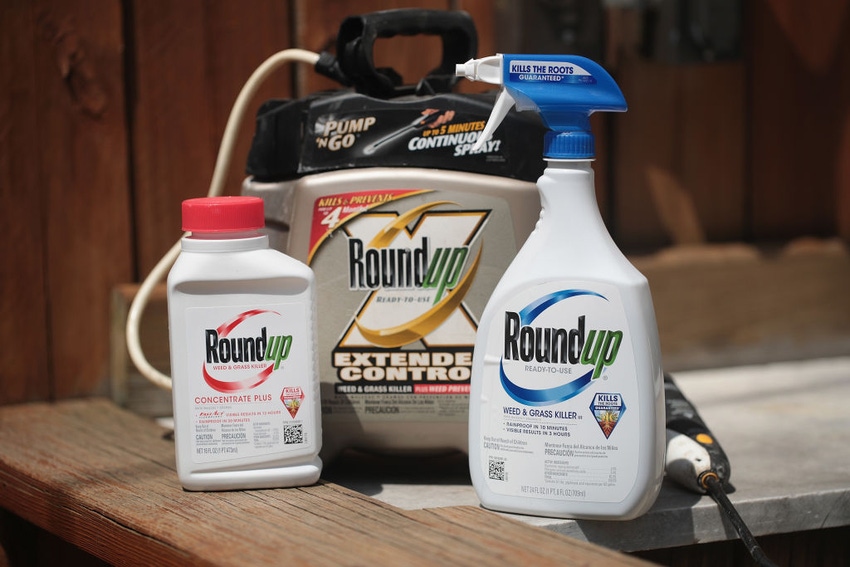
Of all the herbicides used by farmers today, Roundup is the most well-known because it is also marketed to homeowners, landscapers and groundskeepers. Homeowners and groundskeepers like Roundup because it works.
Of late, Roundup herbicide has received much attention because three jury verdicts in California in 2018 and 2019, one in federal court and two in California state court, have ruled in favor of plaintiffs who claim they contracted Non-Hodgkin's lymphoma after using Roundup. All three rulings are under appeal and no money has been awarded to plaintiffs.
More lawsuits are pending, and plaintiff attorneys are spending millions of dollars in advertising across the country urging you to call a toll-free number if you or a loved one used Roundup or glyphosate herbicide and were later diagnosed with Non-Hodgkin's lymphoma (NHL).
The commercials are ubiquitous on television and radio. Bayer, the maker of Roundup, estimates that plaintiff attorneys spent up to $100 million last year in trying to get more people to join the class action lawsuits. There is no telling how many actual NHL suffers who actually used Roundup are joining the lawsuits, but the commercials have certainly caused people to question the safety of Roundup and other herbicides.
In many ways, it is a public perception issue rather than a legal issue. Roundup is approved for use in roughly 160 countries and leading regulators around the world have consistently concluded that glyphosate-based herbicides such as Roundup can be used safely. More than 800 risk assessments and regulatory studies support the safety of Roundup when used according to the label. Large epidemiological studies show no link between glyphosate and cancer.
The U.S. EPA and the U.S. Justice Department have filed court papers supporting Monsanto’s position that glyphosate, the active ingredient in Roundup, likely poses no cancer risk. This should offer hope to farmers and others who rely on Roundup that the product will remain available.
But still, the lawsuits and barrage of advertising are creating a public relations challenge for Bayer and other ag chemical manufacturers. The commercials certainly make people question just how safe herbicides really are.
EPA has consistently vouched for the safety of Roundup, which is good news for anyone who uses the herbicide to kill weeds. The challenge is the public really isn’t listening to the messages from EPA saying Roundup is safe. The non-stop advertising is garnering most of the attention.
If the media would deliver the news that EPA has deemed Roundup safe, this would help counter the misperception that all of the advertising has created. The proven safety of Roundup is a message that needs to be heard.
About the Author(s)
You May Also Like






